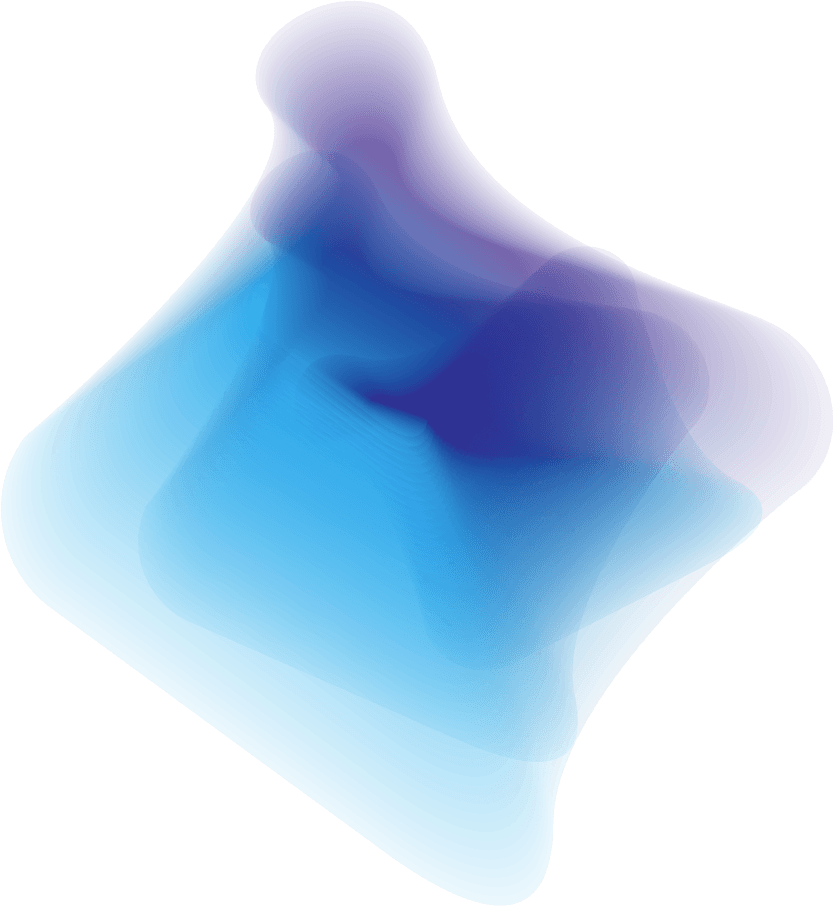Make New Connections with Ketamine Assisted Therapy
Anxiety and depression are far too common for too many. Persistent mental health conditions are significantly impactful – creating obstacles to personal growth, joyful relationships, and life satisfaction.
Ketamine Assisted Therapy (KAT) transforms the way we view mental health. Through the creation of new neural connections and perspective shifts, we move beyond symptom masking toward true, lasting healing.








